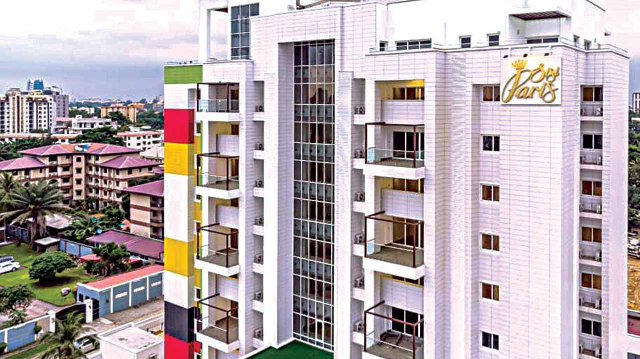Government agencies such as the Nigerian Maritime Administration and Safety Agency (NIMASA) have been directed to provide details of their revenue profile or be “taken care of by the House”.
This was stated by the Chairman of the House Committee on Finance, James Faleke, at the interactive session on the 2022-2024 Medium-Term Expenditure Framework (MTEF) and Fiscal Strategy Paper (FSP) in Abuja.
Faleke noted that some agencies were “avoiding” the presentation of their papers before the House, emphasising the importance of doing so else facing the consequences.
He said, “I have worked in a private organisation before coming to the House of Reps, and they will always regulate their expenses and not spend beyond what they generate.
“In your case, you borrow money upfront even before the money comes, therefore, you will have to submit your 2016 -2020 financial report before you are granted an audience for the 2022 budget.
“You expended what you do not generate, this agency needs a total overhaul to turn it back to what is supposed to be.
“Today all the registration is done online, yet you are still carrying unbearable overhead, things need to change.
“We have observed that some agencies are avoiding to come and present their papers before us and we want to make it abundantly clear that any agency of government that refuses to appear and defend their revenue profile and expenditure will be properly taken care of by the House.
“We want to use this opportunity to call on the management of NIMASA. For NIMASA this is the second time we are making this announcement. They must be forward their documents and declare their revenue profile. FAAN is supposed to come here tomorrow and there will be no more room for postponement. They must come and defend their sources of revenue line item by line item.
“National Lottery Trust Fund must come here and defend the income they receive and the way they are managing that fund. NDIC is supposed to appear before us today, but we are yet to see them, Standard Organisation of Nigeria, National Inland Waterways Authority are also supposed to appear before and they must appear before Thursday.
“Do not allow us to take actions are not palatable to the agencies.”
Faleke added that there was an imbalance of expenditure and revenue, as the government spent N12.2 billion while generating a revenue of N11.2 billion, most of which went to pension, tax, “and other statutory deductions”.
He noted, “Over the years, we have operated in a very difficult environment and until last year, our revenue could not support our expenditure. For the first time since our establishment, we were able to record a revenue of N19 billion.
“In 2018, we spent about N12.2 billion while making revenue of N11.2 billion. What happened is that we had to carry over some of the liabilities. These liabilities were mainly pension deductions, tax and other statutory deductions which were not being paid as and when due. That continued until 2020. We had to settle most of the backlog.
“Deductions were being made but they were not remitted to the appropriate quarter because the money was not enough to meet our operations. The same thing with tax. What was happening was that third-party bills were being paid.
“Until last year, the revenue was not enough to pay staff and carry out other expenses. So, we were not remitting anything until when I took over in January last year.
“We had an outstanding assessment of N435 million which is operating surplus that was due from 2014 to 2017. We have paid for that. There was an assessment of N809 million for 2018 and 2019 which we also paid last year.
READ ALSO: Nigeria Is Vulnerable To Food Scarcity, Says Minister
“We had tax arrears for 2018 and 2019. But our tax consultants were able to get us a reduction and we had to pay about N570 million. On pension for the two years, we paid N1.2 billion. We have been able to clear up to March 2019 and we intend to pay the balance if we have any surplus from our staff cost.
“There is a new system from the office of the Accountant General where a percentage of every money that drops into your account is taken on account of your operating surplus.
“By the provisions of the Fiscal Responsibility Act, we are supposed to spend our revenue to cover our cost and remit the surplus. But we never had any surplus until 2020.
“As of today, we have close to two million companies registered in Nigeria.
“These companies are supposed to file an annual return every year. When they make any change either in the composition of their board, when they increase their share capital, or when they make any change, they notify us and pay some fees.
“But the area we had challenges before now is in the area of their annual return. Most companies were not filing, but we have devised a way of enforcing compliance and companies are sitting up now. We getting to about 50 percent compliance. If you check our portal now, it tells you whether a company is active or inactive.
“Before now, somebody will be making millions and will not pay the N5000 he is supposed to pay to CAC annually. A lot of Nigerians and foreigners are conscious of that and before they do business with any company now, they do a search which is free.
“The search tells you the name of the company, the registered address, and the status. This is restoring sanity and many companies are coming up to file their return.”












